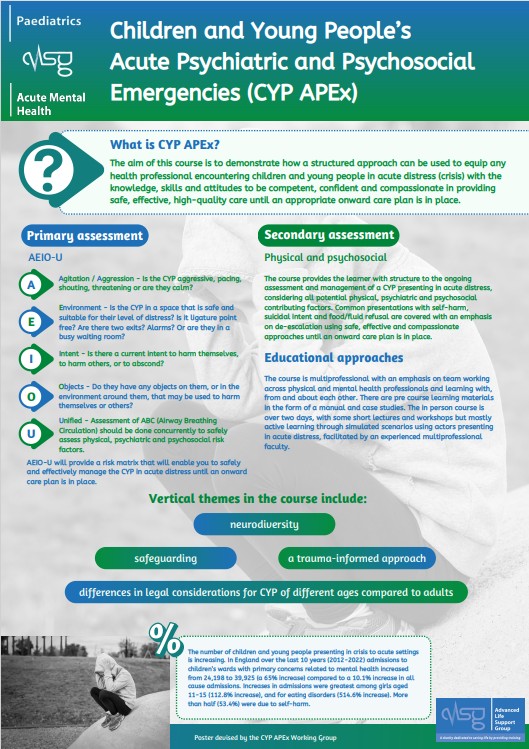

Seksjonsoversikt
-

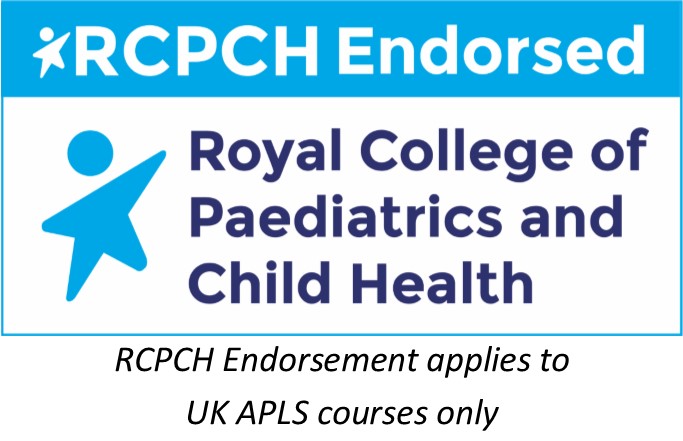
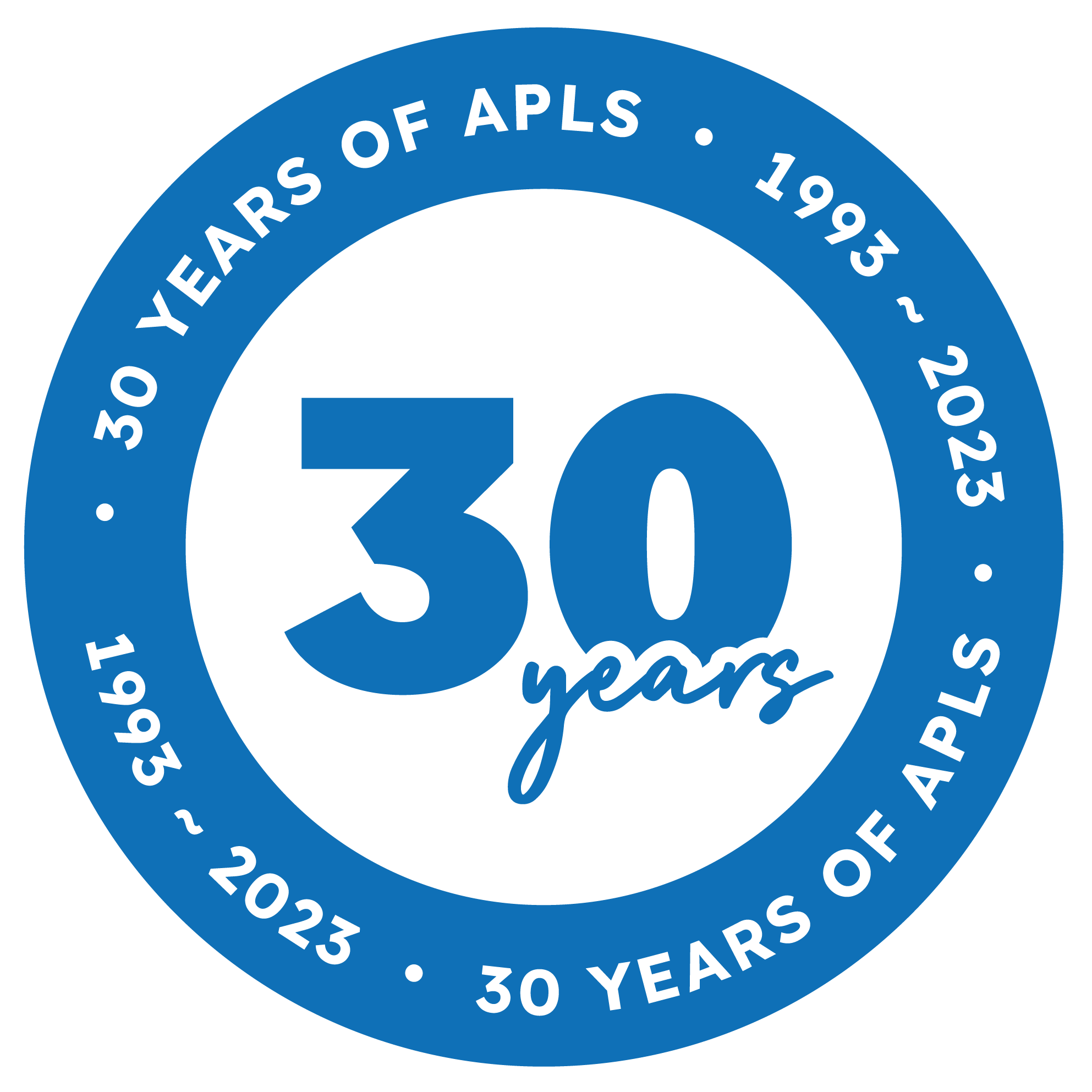
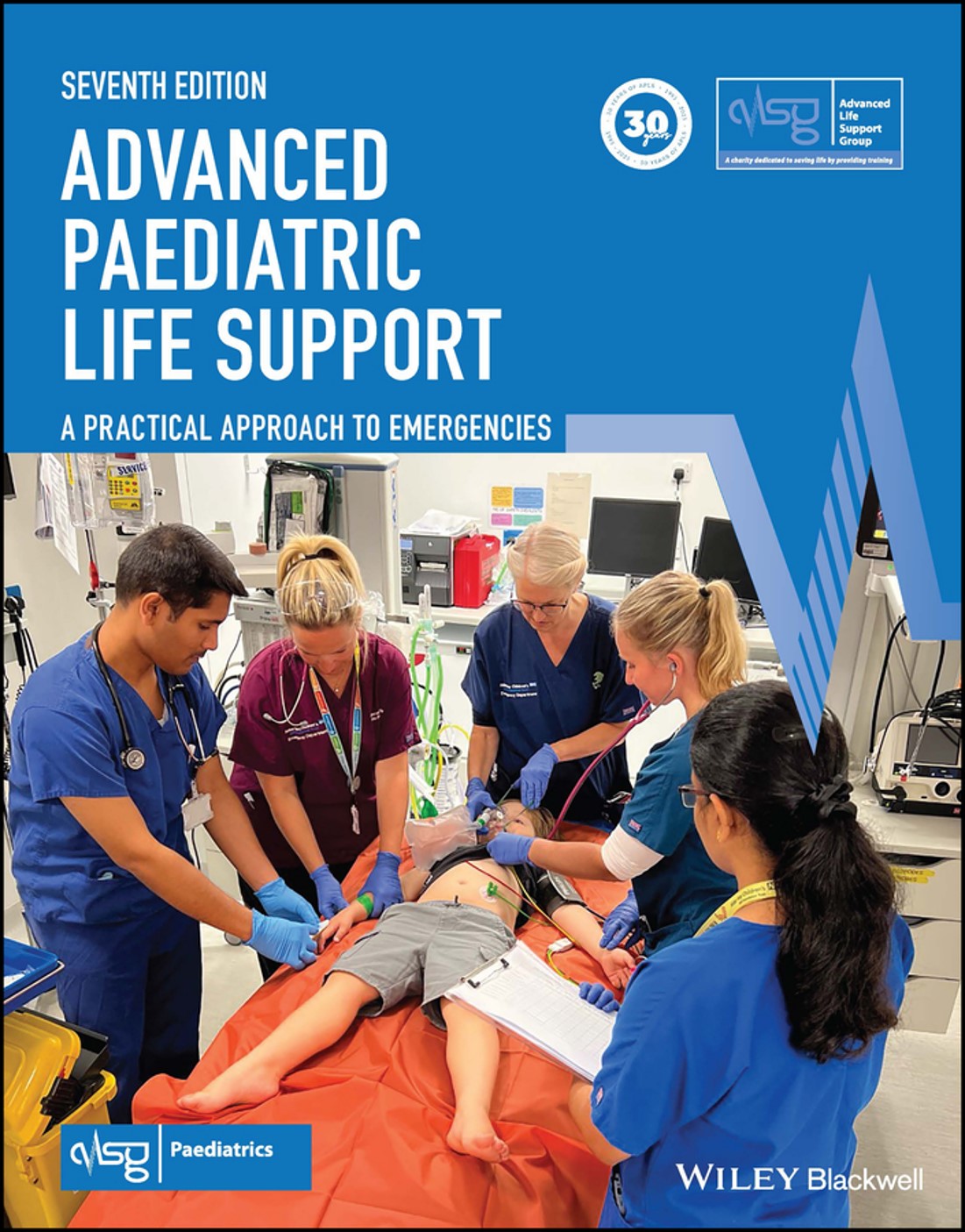
The APLS course provides the knowledge and skills necessary for recognition and effective treatment and stabilisation of children with life threatening emergencies, using a structured, sequential approach. The course is taught, and it's principles, are practised throughout the world, with over 83,000 candidates who have completed the course since its inception in 1993.
The APLS 7e course is delivered in the UK as a 2-day face-to-face course, plus an additional one day flexible online component (VLE).
Candidates who attend the course include Consultants, Advanced Nurse Practitioners and Resuscitation Training Officers from Accident & Emergency, Anaesthetic and Paediatric departments.
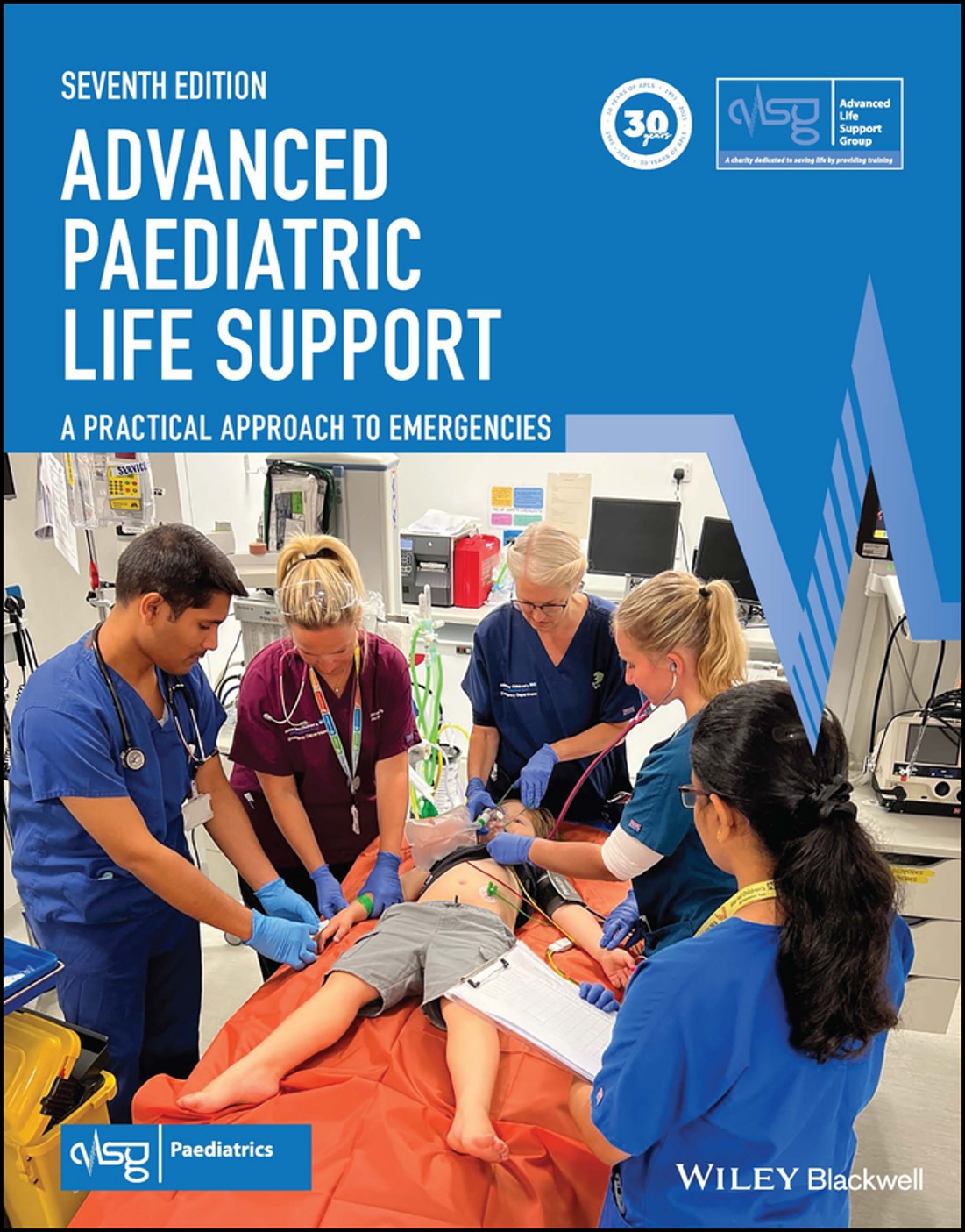
The 1-day recertification course has been designed for those candidates who have already undertaken the APLS course and after 4 years wish to recertify.
PLS exists to teach the practical procedures necessary for the initial effective management of childhood emergencies. The 1-day PLS course is generally run on an in-hospital basis. The course comprises of lectures, skills stations, workshops and resuscitation simulations.
Candidates who attend this course include Doctors, Nurses, RTOs and all professions allied to medicine (PAMS).
The aim of CYP APEx is to demonstrate how a structured approach can be used to equip any health professional encountering children and young people in acute distress (crisis) with the knowledge, skills and attitudes to be competent, confident and compassionate in providing safe, effective, high-quality care until an appropriate onward care plan is in place.
The course is multiprofessional with an emphasis on team working across physical and mental health professionals and learning with, from and about each other. There are pre course learning materials in the form of a manual and case studies. The in person course is over two days, with some short lectures and workshops but mostly active learning through simulated scenarios using actors presenting in acute distress, facilitated by an experienced multiprofessional faculty.
Full details on the course package, including attending as a candidate and how to set up as a centre, will be available soon.
